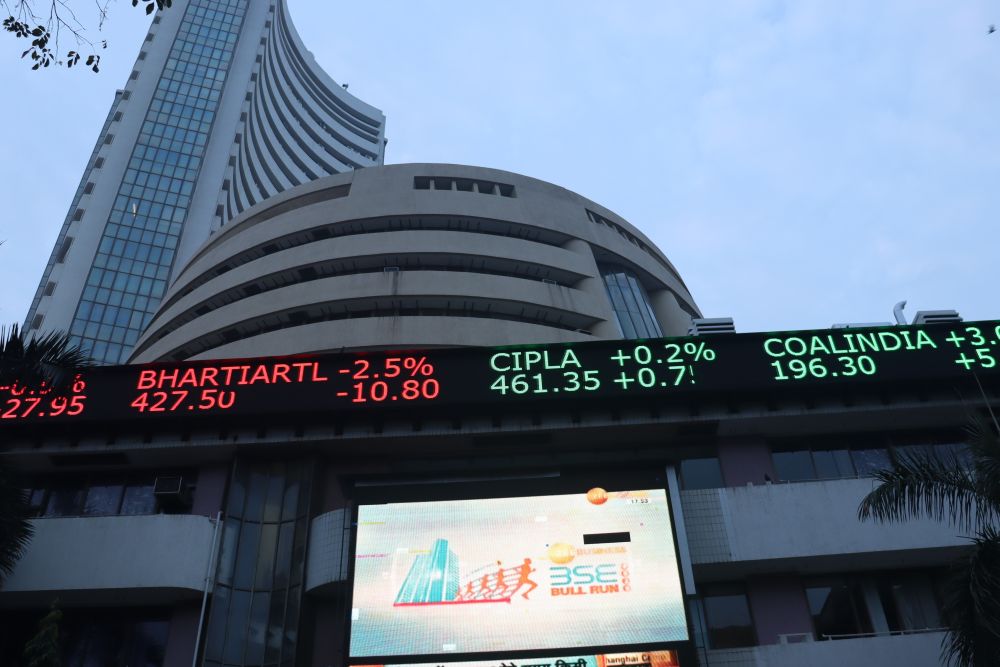The performance of different infrastructure assets has been mixed amid the continuing havoc brought by the Covid-19 pandemic with ports and renewable energy providing the brightest spots in several countries in Asia-Pacific. The health crisis has hardly interrupted cargo mobility despite the global lockdowns, benefiting the ports, while the renewable energy sector continues to ride on the strong demand for sustainable type of infrastructure.
“Ports have outperformed our expectations,” Sajal Kishore, senior director and head of Asia-Pacific infrastructure and project finance ratings at Fitch Ratings, tells The Asset. “Ports are largely performing essential services. There are a lot of logistics and merchandise trade flows that benefit the port sector.”
Such performance was manifested in the fund raising by Adani Ports and Special Economic Zone of India, which accessed the bond market in January to raise US$500 million. The Reg S/144A 10-year deal attracted a total demand of US$2.1 billion from 171 accounts in a broadly-distributed transaction.
Renewables continue to generate a lot of traction, as Kishore points out, with several Asian issuers launching their green and sustainable bond transactions. One of India’s leading renewable energy developers, Continuum Green Energy, priced on February 3 its first green bond amounting to US$561 million, which further diversifies its sources of funding. In doing so, the company tapped the International Finance Corporation to anchor its deal, with the World Bank affiliate subscribing for 10% of the offering as it helps India achieve its ambitions to reduce greenhouse gas emissions and support a resilient recovery from Covid-19.
Continuum is one of the largest providers of renewable power to corporates in the commercial and industrial sectors in India with roughly two gigawatts of wind and solar projects across the country. “This is a unique transaction with a sizeable chunk of corporate power purchase agreement. This is another trend that we will see in the renewable space,” says Kishore.
Another transaction highlighted by Kishore was the US$1.1 billion green project bond for Star Energy Geothermal Salak and Star Energy Geothermal Darajat II of Indonesia printed in October 2020. The deal attracted US$2.8 billion worth of demand and utilized a fully amortizing debt profile, which eliminated refinancing risk.
Airports
Airports, meanwhile, are struggling in view of the global travel restrictions to prevent the spread of the coronavirus. But Kishore believes airports offer huge opportunities. “Airports in Asia were then facing capacity constraints and were on an expansion mode,” he explains. “New airports and additional runaways are being built in China, Hong Kong, South Korea, Thailand, the Philippines, India, Indonesia and Vietnam. But I do expect airports to come back because the long-term drivers for this sector in Asia still remain robust – rising middle class and increasing purchasing power – so there is a lot of growth potential. These factors will drive the demand for air travel going forward.”
Despite the challenges facing the airports across the region, investors are still supporting their fund raising. For instance, the Airport Authority Hong Kong (AAHK) priced in late January a dual-tranche issuance totalling US$1.5 billion, which comprised of US$900 million for 10 years and US$600 million for 30 years. While obviously the government linkage was at play in this deal, this was the first time that AAHK has issued a bond in Reg S/144A format with the 10-year tranche representing the lowest yielding US dollar bond and the 30-year tranche being the longest dated US dollar bond that it has issued.
India’s GMR Hyderabad International Airport also managed to raise US$300 million from the bond market in late January after attracting an order book in excess of US$1 billion from over 100 accounts. The bond proceeds will be used to fund the airport’s capital expenditure (capex) programme. The capex and the additional funding requirement are a part of its overall expansion plans, which commenced in financial year 2020.
“We are seeing a recovery in domestic air traffic in India, although it is still substantially down,” notes Kishore. “If that continues for another year, it will start easing the pressure off in the airport sector.”
He adds: “Airports catering more to domestic travel tend to perform better. We’ve seen that in Chinese airports. The prospects for international air travel, meanwhile, depends on the success of the vaccine rollout, so that will take a bit longer. Airports that are largely exposed to international travel will continue to struggle.”
Toll roads
The performance of toll roads across the region is mixed. Kishore says toll roads in Australia are still on negative outlook because the second and third waves of infections have forced extended lockdowns. “The toll road sector reflects a lot of the domestic conditions more so than the others,” he adds.
Indonesia offers some positive development in the toll road space following the acquisition by Canada Pension Plan Investment Board (CPPIB) of a minority stake in a private toll road operator in the country. Under the partnership investment announced in September 2019, CPPIB will acquire a 45% stake in PT Lintas Marga Sedaya, the concession holder and operator of the Cikopo-Palimanan toll road.
“This is a good sign that such a blue-chip pension fund as CPPIB is looking to co-invest with a private investor in Indonesia toll road projects,” says Kishore. “Indonesia needs to build a lot of toll roads, so they need to access the capital markets for financing.”
An interesting deal that came out from India this February was the US$300 million bond offering from India Toll Roads/IRB Infrastructure Developers. “This is very promising as it opens a new sector in India,” adds Kishore. “There are a lot of interest in toll roads in India from the likes of Brookfield and Macquarie investing in these assets after the regulatory framework has been sorted out.”
One sector which Kishore believes will generate interest going forward will be broadband infrastructure, which is picking up in Europe, underpinned by the pandemic and the work-from-home scheme. “We have not seen anything yet in Asia, but I would expect more conversation on this sector this year,” he notes.








